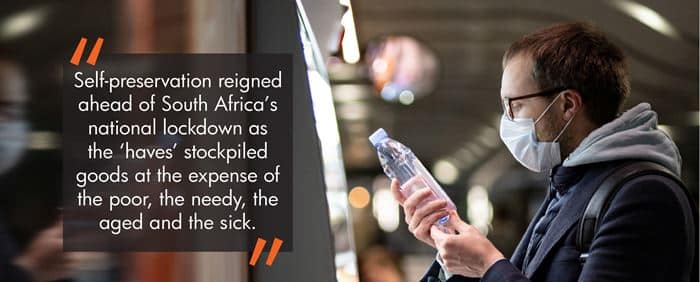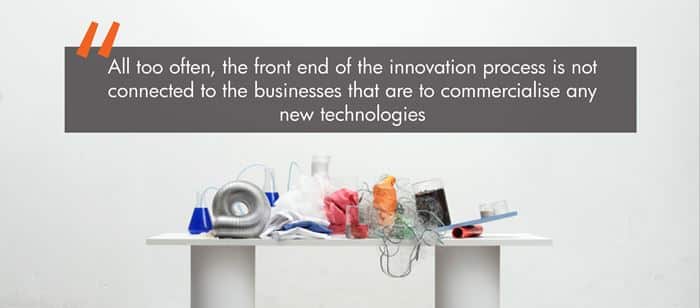Journal of Strategic Marketing Newsletter – April 2020
Journal of Strategic Marketing Newsletter – April 2020
Instagram’s shoppable posts
One third of the most viewed Stories on Instagram are from businesses, and 130 million Instagram users tap on its shoppable posts. So it’s not surprising that 72% of Instagram users have bought a product off the app and that it is a popular platform for luxury shoppers. Scrolling through Instagram’s vast feed, one often sees a sponsored post with a highlighted offer to ‘learn more’ or ‘shop now’. Popular company Zaful uses this tool, as does Get Smarter in its efforts to sell online courses and modules. Then there’s the data retailers source to help them refine their social commerce strategies, so it’s no wonder shoppable posts are set to become the norm in 2020.
A fashionable response to COVID-19
Fitness brand UnderArmour is making 100 000 masks a week, nicknamed the ‘origami mask’ in response to the coronavirus pandemic. It has created an innovative surgical mask out of a single piece of fabric, turning its innovation lab in Baltimore into a factory. Gucci is making masks and medical overalls, which French luxury house LVMH is producing hydroalcoholic gel, which it will distribute free of charge to health authorities in France, from it perfume factory. Bulgari is making hand sanitiser containers rather than its beautiful perfume bottles. Jaguar Land Rover Automotive PLC, the two automotive brands are deploying more than 160 vehicles to organisations helping curtail the spread of coronavirus. They include the British Red Cross and the Red Cross Societies in Australia, Spain, South Africa and France.
Brands had best spurn quick bucks
Brands that raised their prices significantly during the panic-buying stage of the coronavirus pandemic will be punished by consumers later. That’s the word from Richard Shotton & Will Hanmer-Lloyd writing in Marketing Week. “Many brands are in a position to capitalise on public panic but doing so would be foolhardy. People are acutely sensitive to unfair behaviour and they’ll punish perpetrators.” Their advice? “Spurn the opportunity for a quick buck and take a long-term view.”
All about content marketing
There’s so much more to content marketing than, well, just content marketing. The AddThis Academy has listed key trends marketers should keep top of mind in 2020:
– Visual Content Marketing tells provocative stories, vital in graphics or infographics. Colours are important, with 2020 having a more muted palette; design wise,2019 was more ‘Van Gogh’ while 2020 is ‘Picasso’. Bring on the abstract.
– Interactive Content Marketing will embrace augmented reality and virtual reality. But it has to go beyond the social sphere, as consumers expect interactive experience in website design as well as live content and advertising.
– Live Content videos have become far more popular in content marketing circles than produced video content. Plus they are cheaper and easier to produce.
Marijuana dispensaries an ‘essential service’
Ten years ago marjuana growers and sellers would be prosecuted and thrown into jail. Now they are vital members of society. Multiple states in the US, including California, Illinois, Oregon, and Washington State have declared that cannabis dispensaries are essential and must stay open during the COVID-19 pandemic. Cannabis sales have tripled over the past few months as people stocked up on the holy herb ahead of the new reality of lockdowns and quarantines. While dispensaries will stay open, home delivery is advised.
Creative digital interns given a Front Row seat
South Africa’s Interactive Advertising Bureau (IAB SA) has launched a new initiative to create opportunities for young creative digital interns and students. Front Row will give black students, entrepreneurs and agency interns between the ages of 18 – 28 the opportunity to attend IAB events and workshops, as well as access to South Africa’s brilliant digital media and marketing minds. “Front Row aims to further increase our engagement with the future leaders of our industry while bringing in a fresh, and different, perspective to the IAB SA as a whole,” said CEO, Paula Hulley. She said the initiative aimed create valuable collaborative spaces and the opportunity to “sit at the table” with “seasoned industry leaders at the highest level”.



